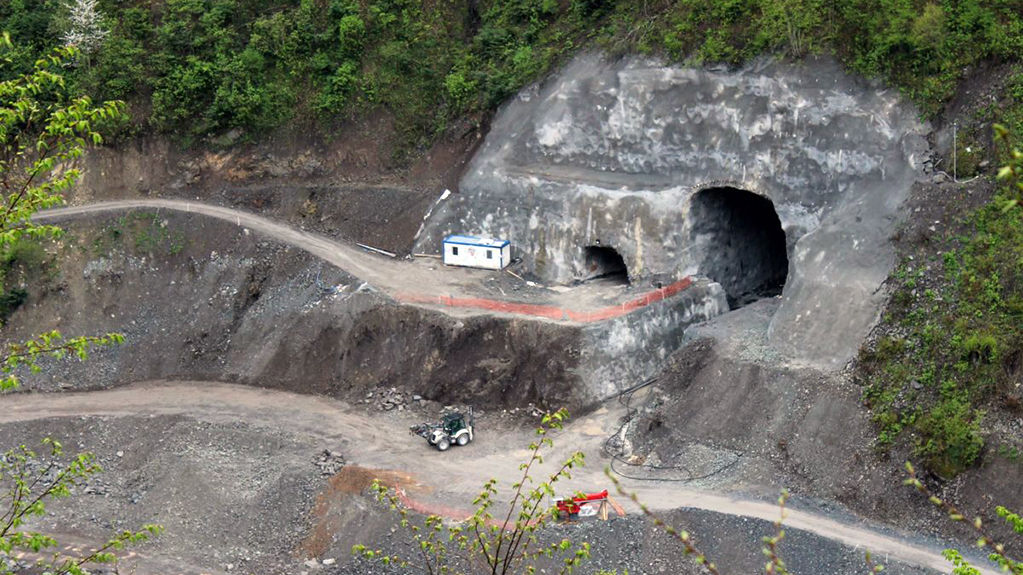As per a statement from the Turkish company Enka İnşaat, the international arbitration process concerning the Namakhvani hydroelectric power plant project has concluded, with the Georgian government ordered to pay approximately $383.2 million in compensation to Enka Renewables LLC.
News
Trending stories
- 1 Former Prime Minister Garibashvili Sentenced to Five Years in Prison After Plea Deal
- 2 Otar Partskhaladze Charged with Organizing Murder of Businessman Levan Jangveladze
- 3 Shalva Papuashvili Says Georgian Dream Filed Complaint with BBC
- 4 Georgian Dream Party Further Tightens Grants Law, Introducing Up to 6 Years in Prison
“On September 20, 2021, we announced in a special condition disclosure that the contract regarding the Namakhvani Cascade HEPP Project in Georgia was terminated by our company's subsidiary ENKA Renewables LLC. The ongoing international arbitration process regarding the termination has been completed and it has been decided that our subsidiary has terminated the contract rightfully, and the Government of Georgia has been ordered to pay approximately 383.2 million USD in compensation including the interest to our subsidiary,” the company stated in a December 2 announcement. The Georgian government has not released any information on the matter.
The Namakhvani Hydropower Cascade was planned to be built in the Tskaltubo and Tsageri municipalities, along the Rioni River. The project envisioned two hydroelectric power plants: Zemo Namakhvani HPP, with an installed capacity of 100 MW, and Kvemo Namakhvani HPP, with an installed capacity of 324 MW. The construction of a 56-meter dam for the Zemo Namakhvani HPP was planned near the village of Tvishi, which would have flooded an area of approximately 1000 hectares. For the Kvemo Namakhvani HPP, a 105-meter high dam was to be built upstream of the village of Namakhvani in a narrow gorge of the Rioni River, which was expected to flood more than 500 hectares. Additionally, the Kvemo Namakhvani HPP project included the construction of a 4400-meter tunnel with a diameter of 9 meters to divert the Rioni River.
The Georgian government allocated over 600 hectares of land in the Rioni Gorge for the construction of the hydroelectric power plants, granting ownership of up to 300 hectares to the company and leasing the rest on a 99-year term. The company controlled a significant portion of the gorge until permits for the cascade's construction were issued.
Save Rioni Valley Movement consistently opposed the project, citing potential risks and restrictive terms in the agreement between the government and the investor. In 2021, the construction of the hydroelectric power plants was suspended following strong public protests. In September 2021, Enka Renewables informed the Georgian government that it was withdrawing from the Namakhvani Hydropower Cascade project and terminating the agreement signed in 2019. During 2022–2023, then-Prime Minister Irakli Gharibashvili repeatedly stated that large hydropower plants, including the Namakhvani HPP, would be built with state participation.















